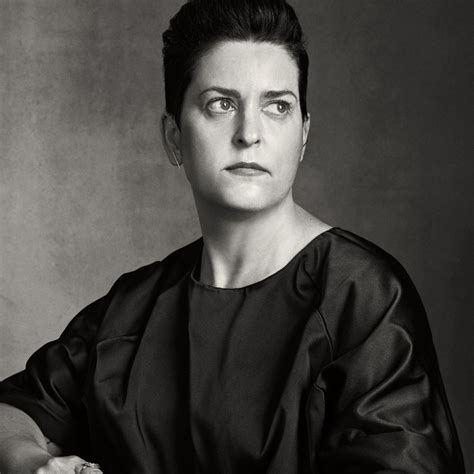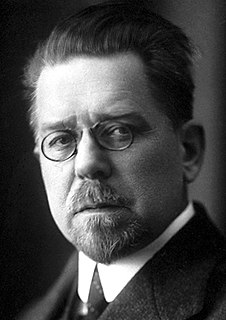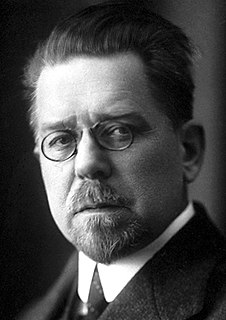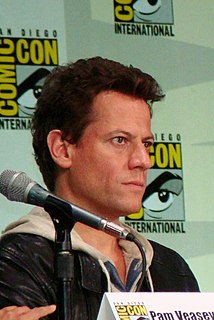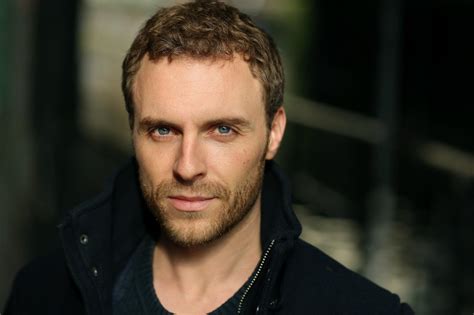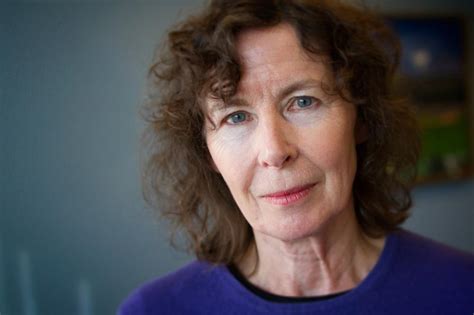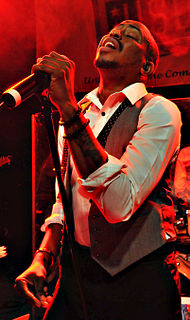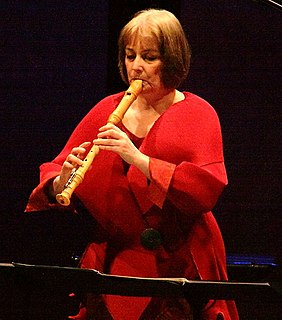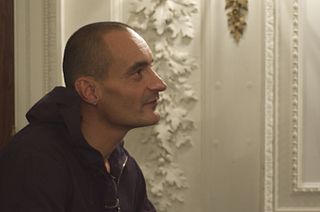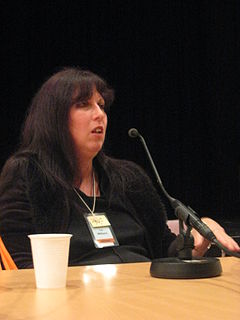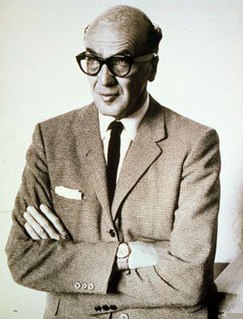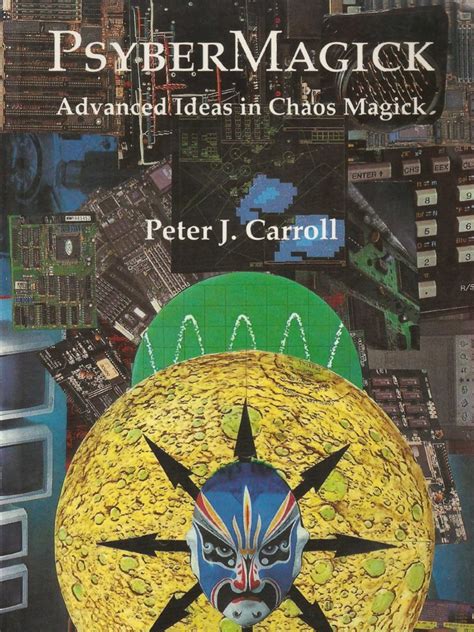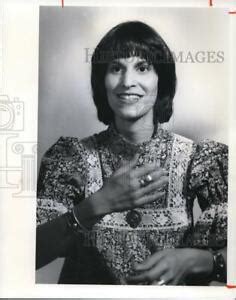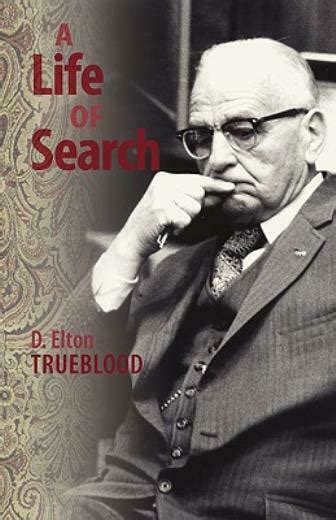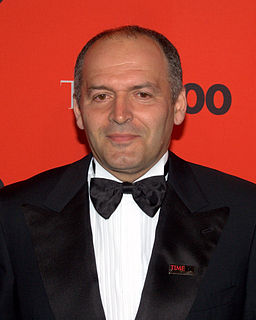Top 1200 Contemporary Quotes & Sayings - Page 19
Explore popular Contemporary quotes.
Last updated on December 26, 2024.
Joanna Priestley’s amazing body of animated films have deservedly earned their place in the pantheon of contemporary international animators. Inventively visioned, superbly crafted, and rich with insight into the physical and spiritual dilemmas that confront us all, each new work provides an unexpected pleasure.
It's no longer terribly sexy to own shares in certain companies; it used to be that being a shareholder in a corporation would connect you with it. The result is that people really want to invest in valuable things, and contemporary art has become a very stable material value with great growth potential.
The great jazz radio stations have a duty to continue evolving their format just as audiences ask the musicians to evolve. How do you do that with a form of music that has 100 years of recorded history? How do you also keep it contemporary so you don't isolate your listeners? These are major questions.
All great contemporary artists, schooled or not, are essentially self-taught and are de-skilling like crazy. I don't look for skill in art... skill has nothing to do with technical proficiency... I'm interested in people who rethink skill, who redefine or reimagine it: an engineer, say, who builds rockets from rocks.
If Tehran insists on combining the Persian imperial tradition with contemporary Islamic fervor, then a collision with America and, indeed, with its negotiating partners of the Six is unavoidable. Iran simply cannot be permitted to fulfill a dream of imperial rule in a region of such importance to the rest of the world.
The genocidal culture's image of woman as object and victim is paralleled by contemporary representations that continually show the Earth as a toy, machine, or violated object, as well as by the religious and scientific ideology that legitimates the possession, contamination, and destruction of Mother Earth.
Our intention is to develop more subtlety in contemporary electronic sounds. We don't like nostalgic projects. We have disparate interests and many philosophical concerns. In the past 10 years, I have realized music in the classical tradition - I have composed for strings, brass, and electronic, and alp-horn!
The pseudoscience of astrology has no place in magick. Astrology has already died twice: once with the classical gods, and a second time after the Enlightenment. The complete failure of contemporary psychology to create anything other than a vocabulary of intellectual rubbish has encouraged astrology to resurface.
Most pointedly, nature-based people manifest the very qualities that contemporary psychotherapy, the recovery movement, and spiritual practices continually aim for: a visible sense of inner peace, unselfconscious humility, an urge to communal cooperation, and heartfelt appreciation for the world around them.
There is hardly an aspect of contemporary history more irritating and mystifying than the fact that of all the great unsolved political questions of our century, it should have been this seemingly small and unimportant Jewish problem that had the dubious honor of setting the whole infernal machine in motion.
